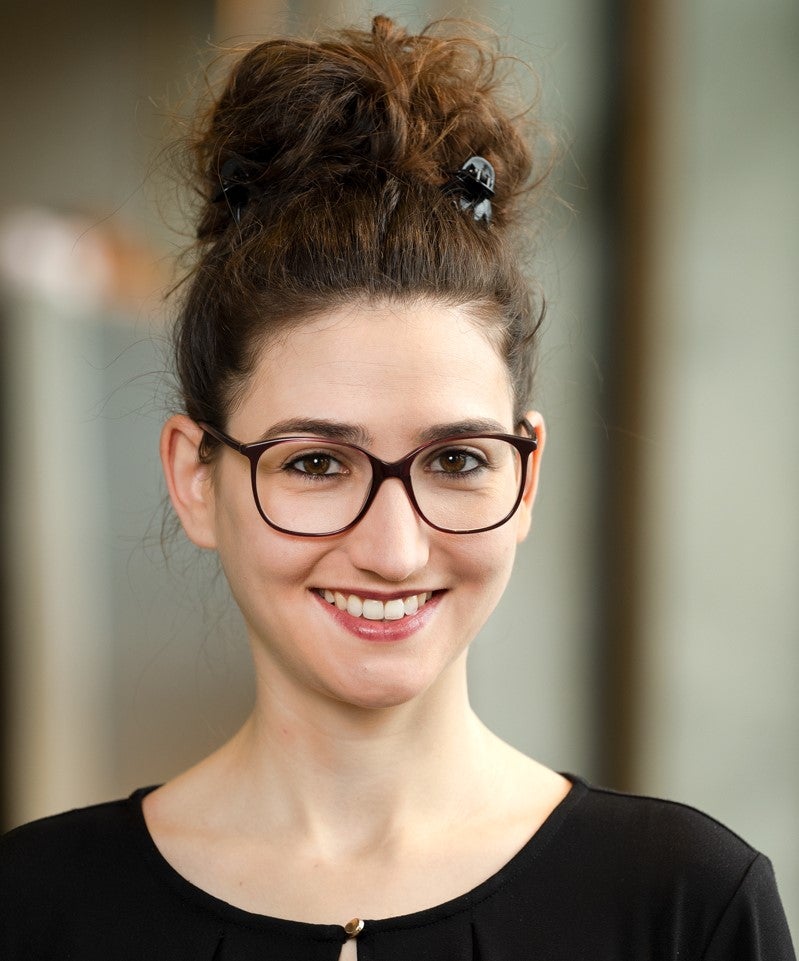Co-creation with Refugees: Challenging but Essential for Inclusion in a Complex Society
Sociologist Maria Charlotte Rast demonstrates how civic initiatives and research projects collaborating with refugees contribute to a more inclusive society. These initiatives offer both the local community and refugees the opportunity to actively shape their environment. Moreover, they provide valuable experiences in breaking down exclusionary structures and hierarchical relationships, thus strengthening solidarity in an increasingly divided and less welcoming society.
"By integrating refugee perspectives into science and practice, more effective and inclusive solutions emerge. Additionally, these initiatives raise awareness of exclusion mechanisms and help people understand how they can actively promote inclusion themselves. To achieve this, co-creative initiatives must foster inclusion both internally and externally. Internally, this means critically evaluating and adjusting their own exclusionary processes. Externally, they must raise awareness of exclusion mechanisms, strategically use supportive spaces, build critical mass, and critique and change the system without marginalizing themselves," says Rast.
Challenges and Opportunities of Co-creative Approaches
Rast explored the challenges and opportunities of civic initiatives and academic research projects collaborating with refugees in the Netherlands. According to her: "The refugee reception crisis of 2015/2016 led to a significant shift in how refugees are received and integrated. The crisis exposed the shortcomings and exclusionary effects of existing top-down approaches and highlighted the need for more sustainable and effective solutions that better align with refugees' lived experiences."
Within this context, new opportunities for collaboration have emerged, where civic initiatives and research projects work together with refugees to develop practices and knowledge. Rast examined both the challenges and opportunities of these co-creative approaches and investigated how these initiatives operate within the exclusionary structures of refugee reception and integration, as well as how they contribute to societal inclusion by transforming these structures.
Four Empirical Studies
Rast conducted four empirical studies. The first involved ten interviews with refugees and two interviews with initiators of a civic initiative that co-created a small-scale housing project with refugees. The second study included eight interviews with refugees, three interviews with local stakeholders (a volunteer, a core member, and an initiator), and participant observations at a civic initiative that set up a self-organized community center. In the third study, she collected data through 23 interviews with socially engaged scientists (fourteen of whom used co-creative approaches) and a focus group discussion with five of these scientists, along with a reflective journal. For the fourth empirical study, Rast interviewed thirteen refugees who had previously participated in a co-creative academic research project. She also organized a series of co-creative workshops with five of these refugees and kept a reflective journal.
Findings for Practice
Rast's research is especially relevant in light of the current asylum seeker reception crisis in the Netherlands. Years of political unwillingness have resulted in a severe shortage of adequate and humane reception facilities. Some political parties have exploited this situation to justify stricter asylum measures, which increases polarization and makes society less welcoming. At the same time, Rast points out that there is significant engagement within society from people who want to welcome and integrate refugees inclusively. She highlights the potential of co-creative initiatives to realize humane and inclusive refugee reception and integration and calls on the government to recognize and support these initiatives. By exploring the opportunities, challenges, and strategies of these initiatives, Rast provides valuable insights for developing effective and inclusive knowledge, policy, and practices. She hopes her findings will contribute to new asylum and integration policies that promote inclusion and solidarity in society.
More information on the thesis
